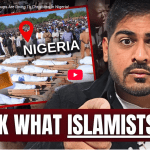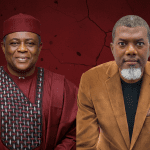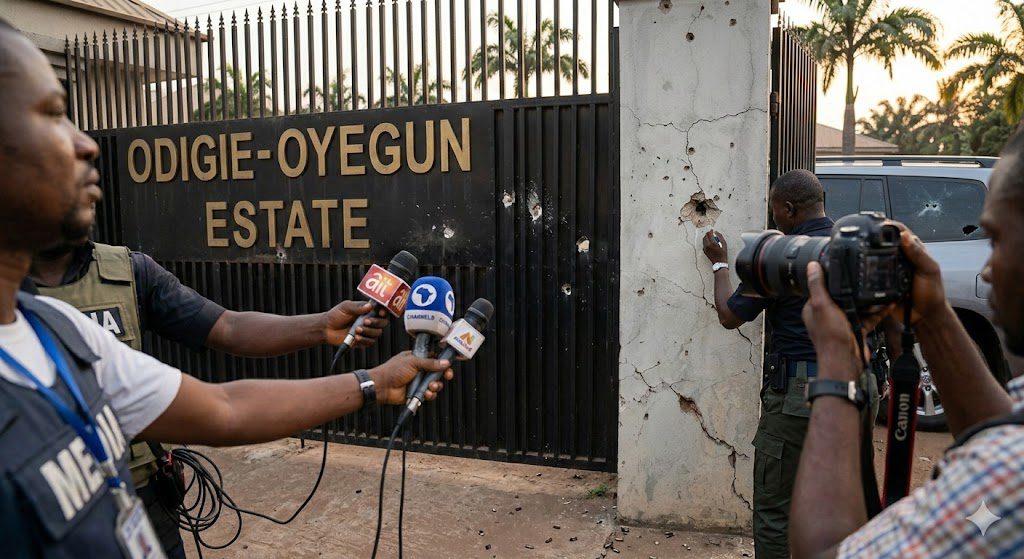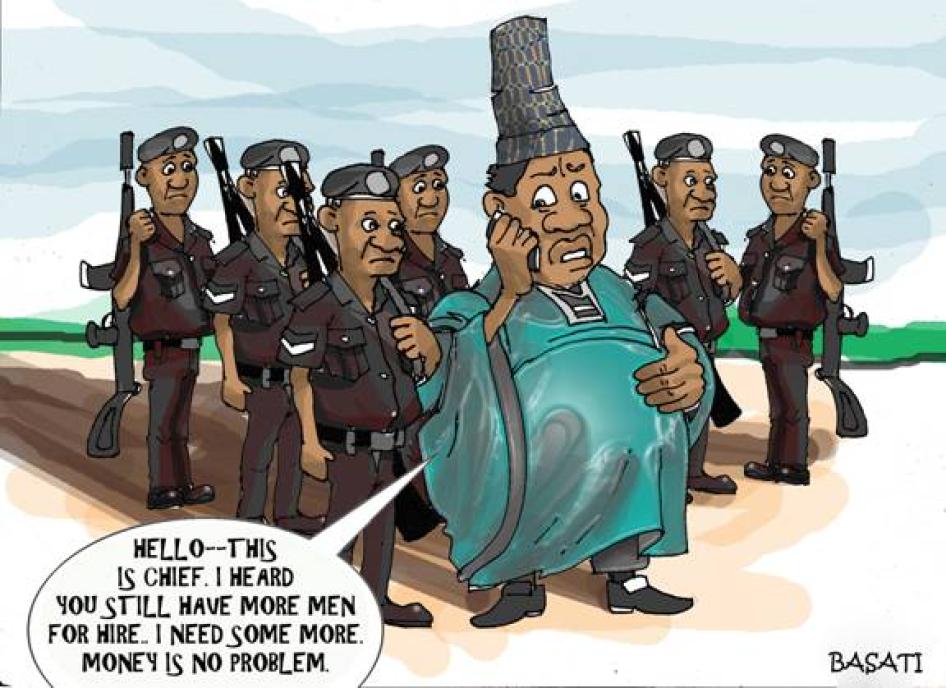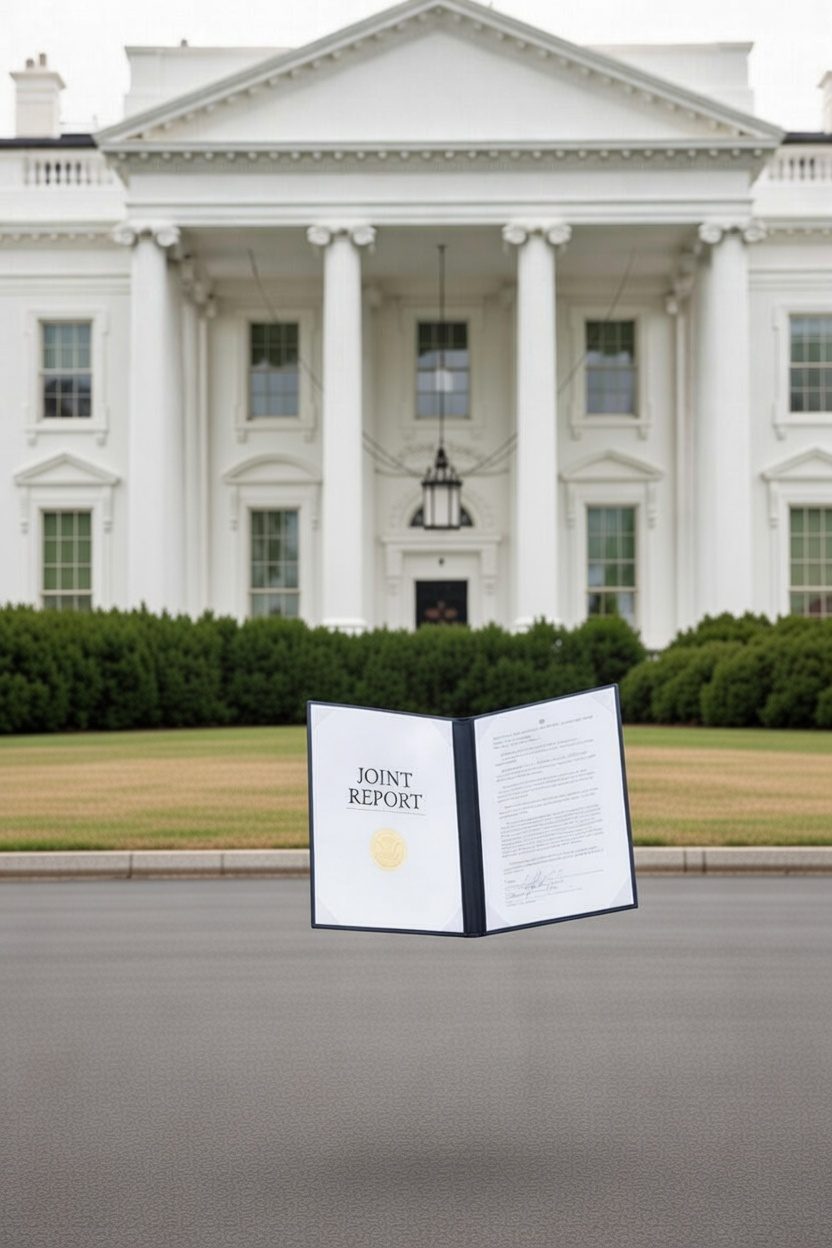Last Updated on 27 November 2025
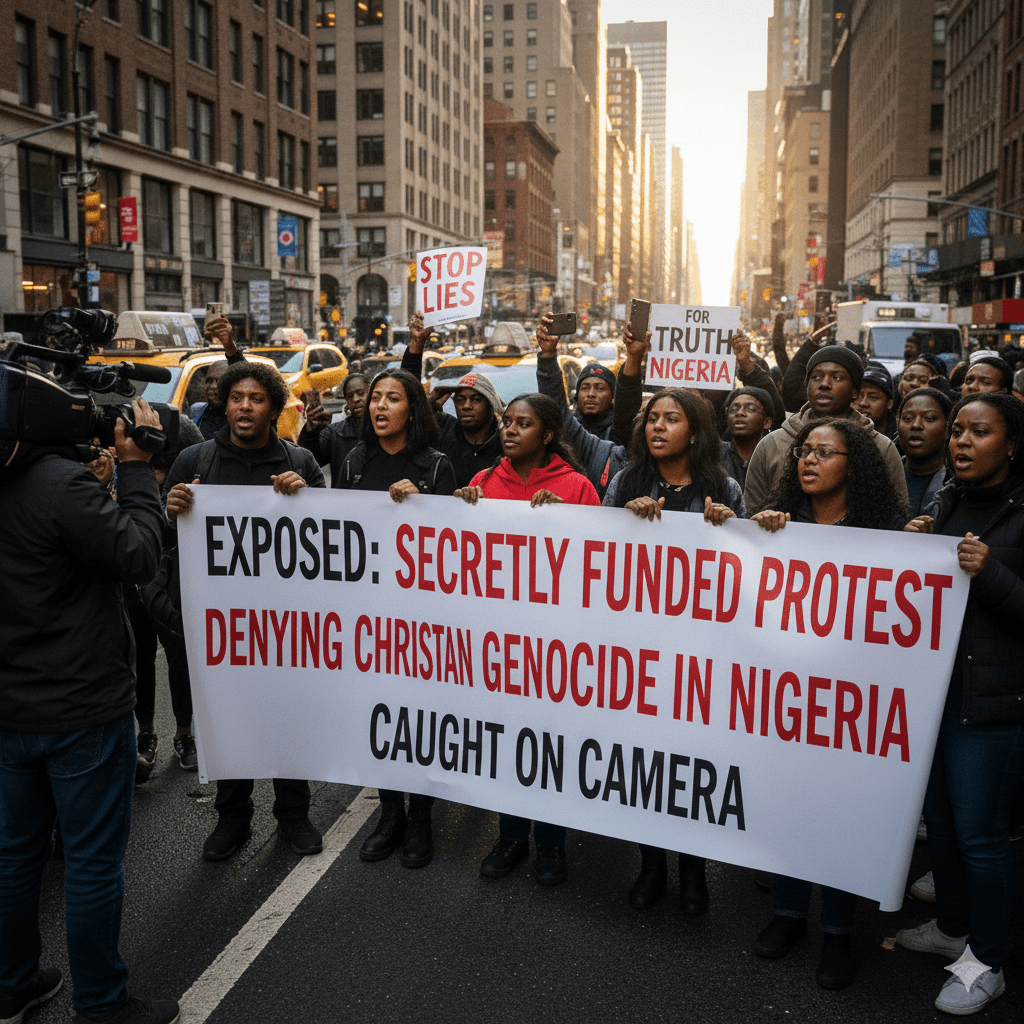
New York, USA — A street interview filmed in the Bronx has captured a tense encounter between an interviewer and several participants of a small counter-protest carrying signs denying claims of genocide or ethnic cleansing against Nigerian Christians. The approximately four-minute video shows protesters struggling to explain the messages they are holding, with one admitting he is not Nigerian and others declining to speak on camera.
The video opens with the interviewer approaching a non-Nigerian Black man holding a placard. When asked what part of Nigeria he is from, the man responds that he is not Nigerian but chose to join because he “protests for anybody” and wants “to help a lot of people.” He says he “just joined them” and that someone had told him they needed him for the event and that he was paid to do this. The interviewer challenges him repeatedly, questioning how he knows Christians are not being targeted in Nigeria.
At several points, the interviewer accuses the man of being paid to participate, though the man denies this and says he is simply “helping people out.” Throughout the exchange, the protester appears unsure about the information on the sign he is holding.
The scene then cuts to an older man wearing a white cap and mask who quickly refuses to speak on camera. He tells the interviewer he is “not supposed to do that” and avoids answering questions about his origin, despite being part of a group displaying Nigerian-themed messages.
The interviewer next approaches a small seated group outside a restaurant, where several people wear matching “United We Stand” and “Stronger Together” shirts. Some members of the group decline to identify which part of Nigeria they are from or hesitate to speak publicly. One woman eventually responds that she is “from the East,” while another man says he is from “the Eastern part of Nigeria,” referring to it as “Biafra.”
During this interaction, one individual suggests the group was asked to “come help,” and another implies they were advised not to speak on camera. The interviewer repeatedly questions why the participants are holding placards if they cannot explain the statements printed on them.
The video ends abruptly as the interviewer walks away, offering no additional context about the organizers, the size of the gathering, or the broader circumstances surrounding the counter-protest. What the footage does show is confusion among several participants and visible tension over messaging connected to violence and identity in Nigeria.



